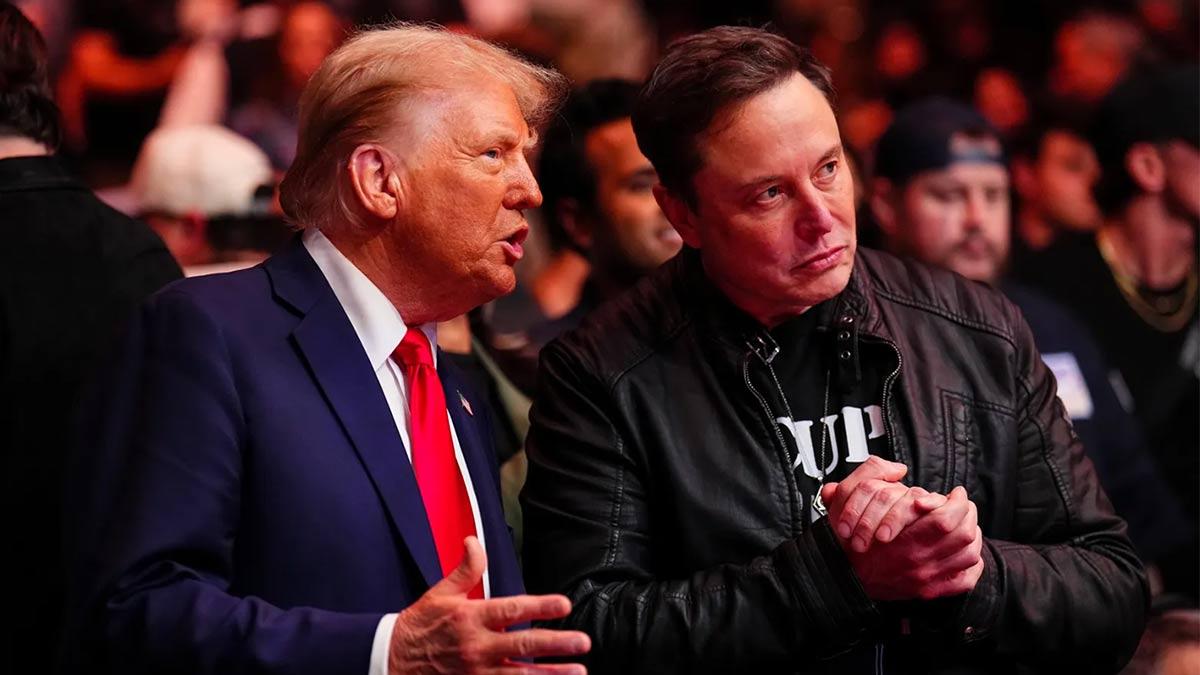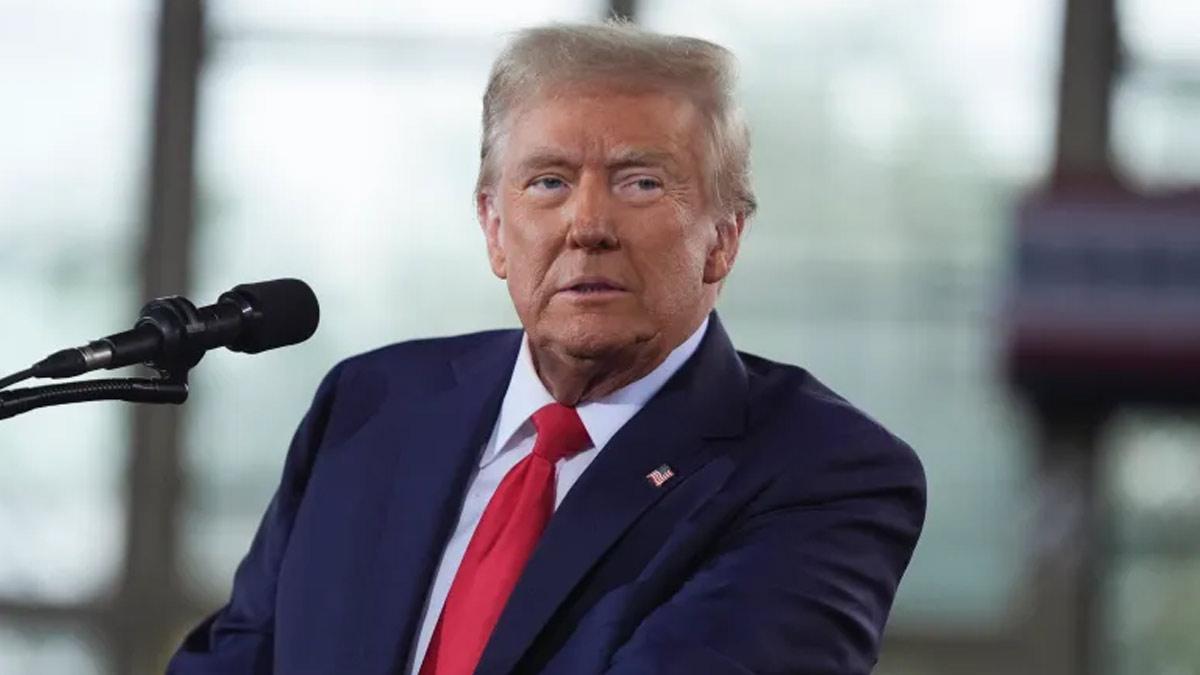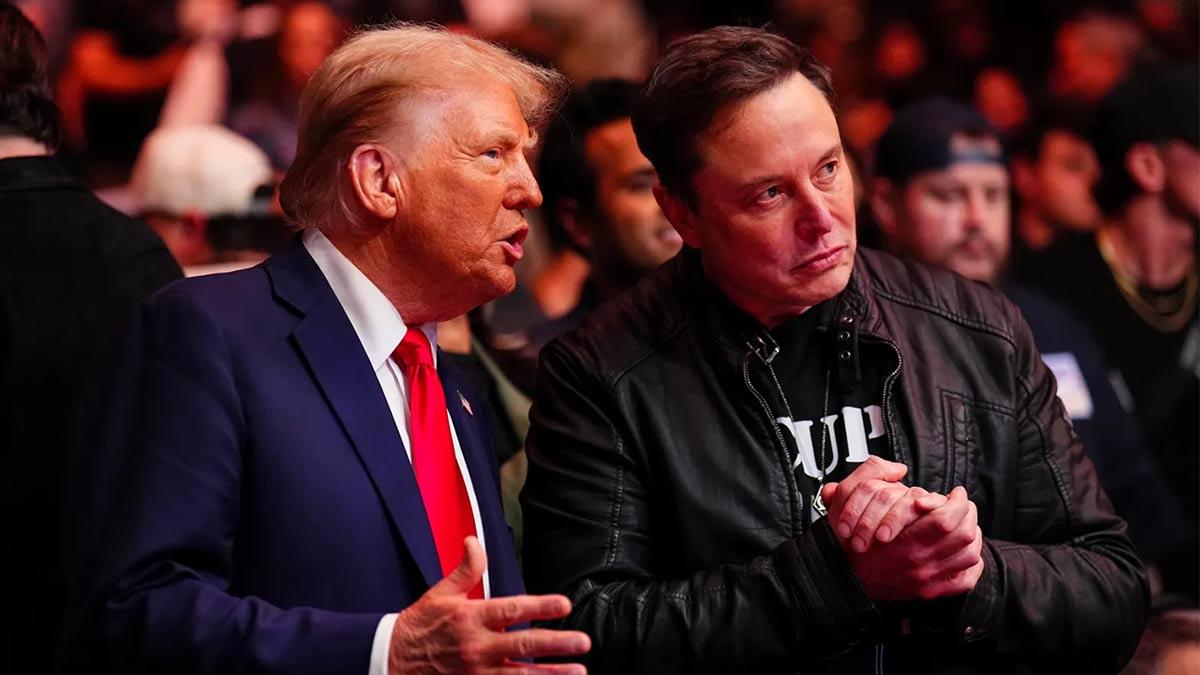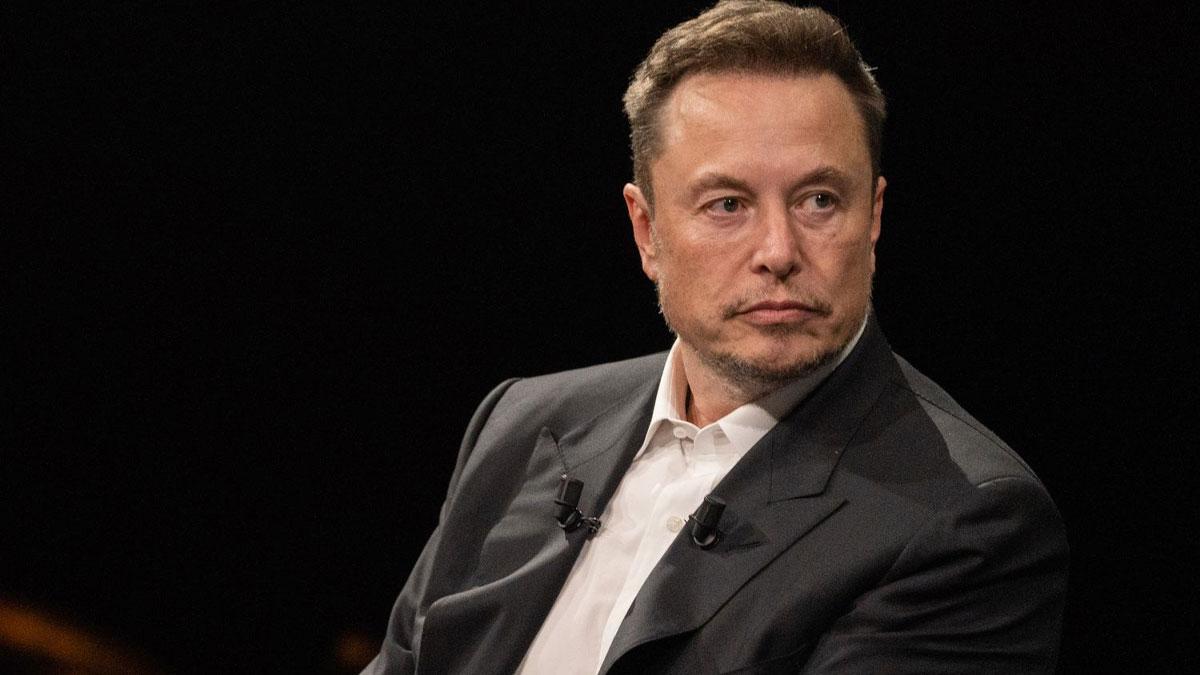Tech mogul Elon Musk occupied a temporary position in the Trump administration for 130 days as a "special government employee," looking to cut government fat and eliminate wasteful programs. But after resigning last week, Musk is now publicly denouncing the same administration that he briefly served.
The billionaire businessman has made a scorching public attack on the signature tax and spending bill of former President Donald Trump, which passed the House and is now the subject of Senate inquiry. In a series of tweets on X (formerly Twitter), Musk condemned the bill as a "disgusting abomination," voicing extreme exasperation: "I just couldn't stand it anymore."
He didn't let it go. On Wednesday, Musk called on American voters to push lawmakers into rejecting the bill, threatening that approving it would "bankrupt" the nation. "KILL the BILL," he tweeted, blaming lawmakers for betraying public trust and promising to assist in ousting those accountable in the midterm elections.
Musk's biting criticism is a sharp turnaround from his recent Oval Office visit, where he smiled alongside Trump as the former president publicly endorsed the bill. The bill, which features broad tax cuts and more defense spending, hangs in the balance now as Senate Republicans are under growing pressure from fiscal conservatives—and from Musk himself.
Republican Unease Grows
Although the bill was approved in the House with bipartisan support from all but three Republican members—barely making it with solid Democratic opposition—Musk's unexpected shift has shaken a great many in the GOP. Having made considerable contributions to Republican candidates previously, his voice speaks loudly, especially to party hardliners and primary voters.
His attacks may provoke primary challenges for lawmakers who supported the bill and rattle Republican chances of maintaining their Congressional majority in the second half of Trump's second term.
Senator Lindsey Graham tried to dismiss Musk's criticism, saying that the bill "could be better" but justifying it as a necessity: "Let's get the tax cuts, secure the border, and then work on cutting more spending.
In the meantime, House Speaker Mike Johnson was said to have worked behind closed doors soothing fellow Republicans and discrediting Musk's complaint, while trying to preserve party harmony.
White House Walks Narrowly
Publicly, Trump's team has been playing it safe. Press Secretary Karoline Leavitt acknowledged that Trump knew about Musk's disapproval but stayed firm: "This is one big, beautiful bill, and he's sticking to it."
Beijing behind the scenes, Trump's move to withdraw Jared Isaacman's nomination to head NASA—a self-proclaimed Musk ally—is said to have exacerbated tensions. Others cite the bill's intended cuts in green energy incentives, such as electric vehicle subsidies that favor Tesla, as another potential motivation for Musk's resistance.
A Divided Senate
Musk's criticism is lending new voice to Senate budget hawks, such as Senators Rand Paul, Mike Lee, and Ron Johnson, who have long been questioning deficit spending. These legislators now seem more willing to call for additional reductions before joining in supporting it.
Musk's actively advocated their positions online, posting articles and Facebook entries—such as one entitled "It's Rand Paul and Elon Musk vs Donald Trump"—as he ratchets up pressure on Congressional Republicans.
More significant cuts, though, risk losing moderates such as Lisa Murkowski and Susan Collins, whose votes are a must-win. With Senate Democrats certain to vote against the bill in lockstep, Senate Republicans can merely lose three votes out of 53.
Murkowski acknowledged Musk’s influence, noting that his words carry weight in today’s political discourse.
Countdown to a Crisis
Trump desires the bill signed and enacted by the July 4 recess. But since the legislation is also being packaged with a suggested $4 trillion hike of the country's debt ceiling, the stakes are elevated. Treasury officials threaten that if the borrowing limit isn't raised by August, America will experience its first-ever default—a situation economists say would produce a global financial shock.
Ironically, Musk's campaign to prevent what he perceives to be indiscriminate spending may accelerate that very eventuality. Having already gummed up a significant spending bill last year, his return as an unsanitized critic could again derail the GOP's carefully laid plans.
Read also| US Blocks UN Security Council Resolution Calling for Immediate Gaza Ceasefire
Read also| Trump Enacts 50% Tariffs on Steel and Aluminum Imports, Sparking Global Trade Tensions


















